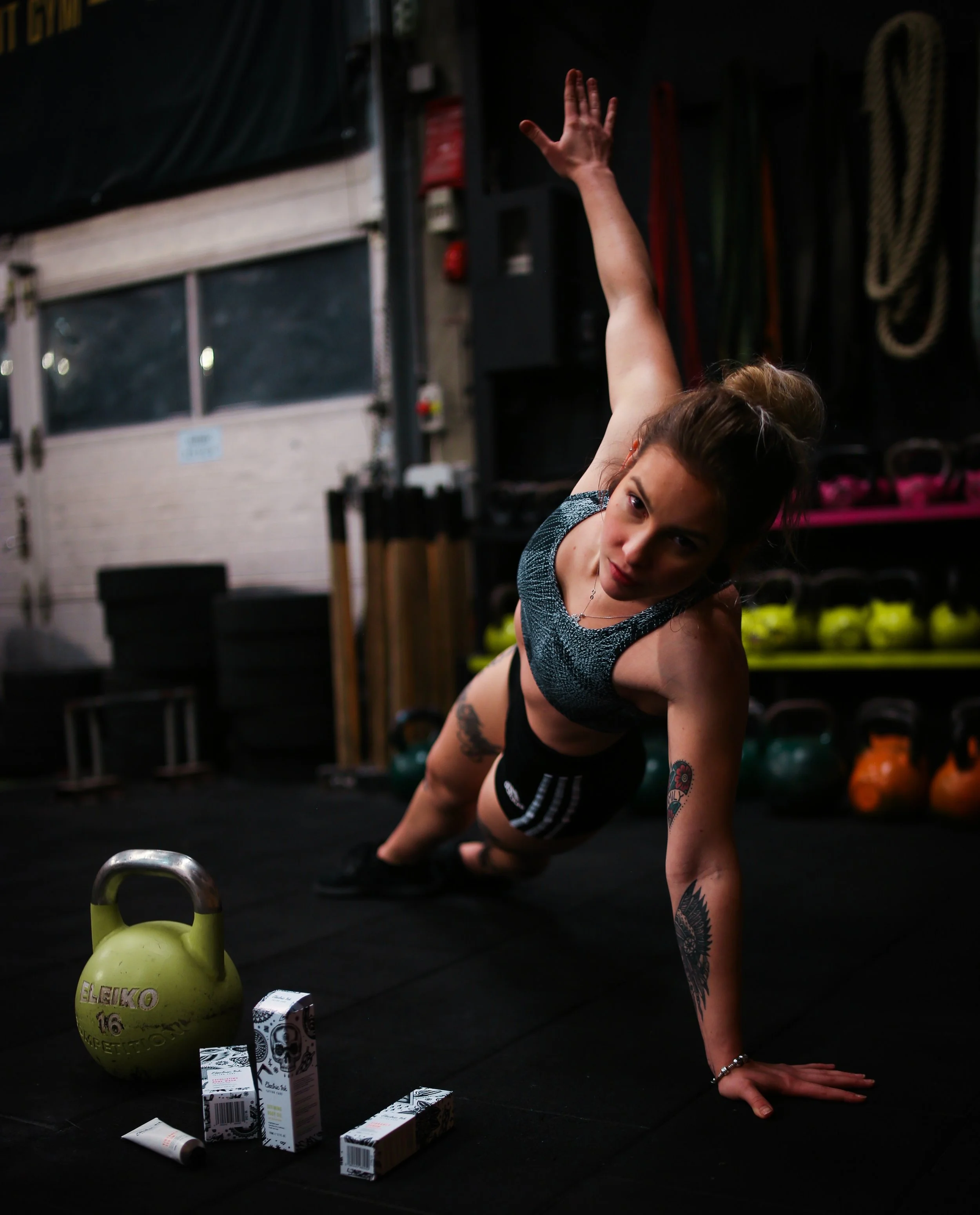The week before your period doesn’t have to be filled with bloating, mood swings, cravings, fatigue, or breast tenderness. What you eat during the luteal phase (the second half of your cycle) can make a big difference in how you feel—especially if you’re prone to PMS. Your body needs specific nutrients to balance hormones, reduce inflammation, and support progesterone. Let’s break down exactly what to focus on the week before your period for more ease and fewer symptoms.
How to Increase Progesterone for a Stronger Luteal Phase
If your luteal phase feels like the weak link in your cycle—short, symptomatic, or unpredictable—you’re not alone. Many women dealing with PMS, spotting before their period, or trouble conceiving are actually struggling with low progesterone levels during this second half of their cycle. The good news? There are natural, research-backed ways to support progesterone and build a stronger luteal phase—which plays a crucial role in implantation, pregnancy success, and hormonal balance.
What is the Follicular Phase?
The follicular phase is one of the four phases of the menstrual cycle. All the phases are important and have their own unique functions that impact hormones. The follicular phase starts from day one of your period and lasts until ovulation occurs. Remember that the menstrual phase part of the follicular phase. The duration that you bleed on your period is the menstrual phase. The follicular phase is unique because, during this time, your hormone and energy levels increase in anticipation for ovulation, which is where these levels will peak.
Exercise and Your Menstrual Cycle
Which Exercise is Best During Periods?
The first day you start to have a full bleed is the start of your menstrual phase which is the first of four phases in your period. The period phase of your menstrual cycle should last 3-7 days on average. During the start of the menstrual phase, your progesterone and your estrogen are at their lowest point. Your uterine lining is shedding the build-up of tissue and blood from the endometrium. Your energy may be the lowest during this time and your period blood should be a bright or dark red (kind of like cranberry juice). You may still be experiencing some leftover PMS symptoms during the beginning of this phase, like cramps, moodiness, and sore breasts. Though these symptoms are common, if they are life-disrupting or if they cause you to dread your period each month, it may be time to dig a little deeper and decipher what is going on with your hormones. Extreme PMS symptoms are not normal because they are signals that something is wrong and imbalanced with your hormones.
10 Reasons for Not Ovulating
Ovulation is the main event of the menstrual cycle. It occurs during the halfway point in the menstrual cycle for one day. Ovulation is when the egg gets released from the ovary into the fallopian tube to prepare for fertilization and pregnancy. Progesterone is the hormone that promotes pregnancy and ovulation, and if progesterone is low, then you may not be ovulating (pro meaning to upgrade and gesterone meaning pregnancy).
















